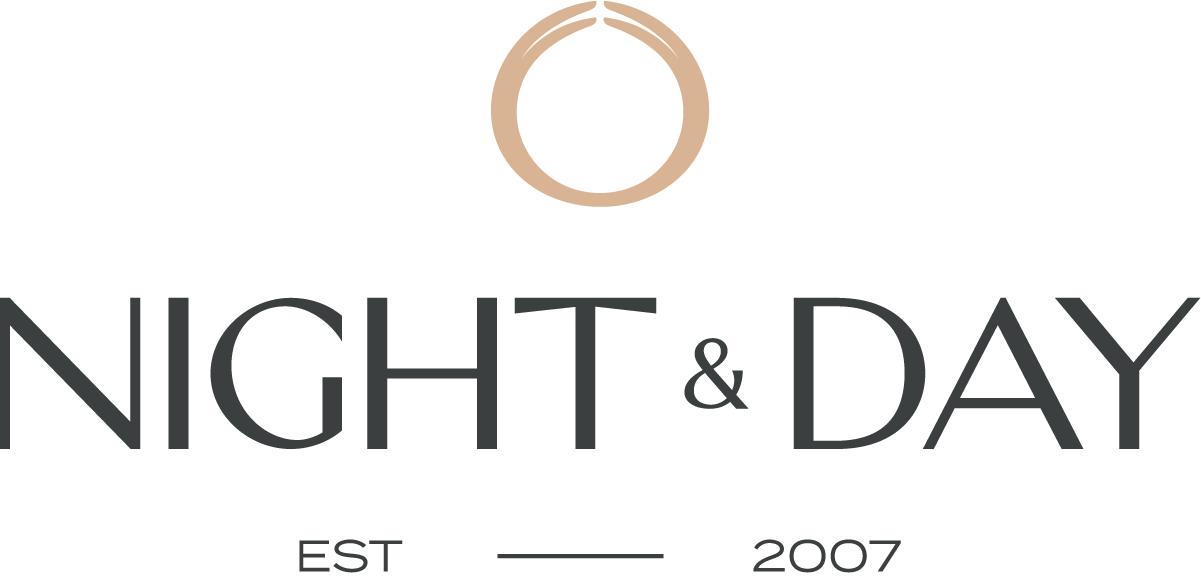What causes healer burnout?
Many people who are attracted to the healing arts tend to enjoy giving to others. Supporting people on their healing journey is incredibly rewarding. However, while many healers are good at giving to others, receiving can sometimes be an issue.
To be a healer, or to work in the healing arts in any capacity, requires practitioners to be good at both giving and receiving.
Otherwise, careers for healers may be short-lived. We can’t continue to give and give, we get exhausted. Just as we can’t only receive, eventually, we become full, and that energy needs somewhere to go.
Facilitating a healing session is like breathing. We inhale, and we exhale. We receive, and we give. These two actions are constantly occurring during a healing session, ensuring that the practitioner never uses their own energy. This helps them avoid fatigue or, worse, burnout. When this balance is achieved, healing practitioners can feel uplifted and energized after facilitating a session because they, too, benefit from the influx of energy.
This isn’t something that needs to be perfect right out of the gate. In my experience, my capacity to give and receive has expanded, changed, and recalibrated itself many times over the years.
What’s important, especially in a healing session, is to ensure that you, as the healer, are receiving as much as you’re giving. Your body is an instrument, and the role of the healer is to hold space for healing energy to flow through. Using your own energy can lead to depletion, making it difficult to continually replenish it.
Are you experiencing fatigue or burnout as a healer?
Using your own energy can lead to depletion, making it difficult to continually replenish it.
How do you know if you are using your own energy in a healing session?
The biggest clue is if you feel tired after the session has ended. There are a few reasons why a healer might use their own energy without intending to.
One big one is that the healer wants their client to get better and heal (like really wants it), therefore becoming overly attached to the outcome or the result. This strong desire for healing can trigger a lot of willpower from the healer. This type of energy is forceful and is actually the opposite of what’s needed for a successful session.
Practitioners often feel this way when working with family members or loved ones. I always say it's best to hire out for those jobs. Healing works best when we are compassionate, but maintain a level of detachment. When this balance is present, healing energy flows abundantly and healers can prevent burnout.
In the context of a healing session, there should be an abundance of energy coming in for the session. I often turn away from using the word ‘healer’ because in my journey I really feel more like an instrument. However, going around calling yourself an instrument isn’t exactly going to be well received by the public. But I do feel that way in my heart. I feel my biggest job as a ‘healer’ is to keep my instrument clean and finally tuned so that I am able to bring in higher frequencies.
In the context of a session, I feel my job is to receive all that beautiful healing energy, to hold space for it and like a conductor, gently directing it to the places in need within another person. I’m really just a go between, a vessel for that energy to flow. Reminding yourself that you are ‘just an instrument’ allows even more healing energy to flow to the person receiving it. It allows the healing sessions to be effective and more efficient. This is an easy way to receive an abundance of energy - and to give it.
Takeaways for healers worried about burnout
There is a lot to share on this topic, but for today, here are the main takeaways:
In practicing self-honesty, ask yourself: Do you have a good balance of giving and receiving as a healer?
To dive a little deeper, are you able to give to yourself? Do you practice good self-care and maintain healthy boundaries with your clients and your work? Do you have a good work life balance? These are just a few examples of how this balance, or lack thereof, plays out in our lives. If you answered "no" to any of these questions, don't worry, this is absolutely something that can be addressed and improved upon. We could go deep into this topic, but these are just a few key points to consider for now.
Do you feel drained after your healing sessions? It’s important to understand why.
I’ve mentioned just a couple of examples that could cause this, but there are more. If you desire to have a sustainable career as a healer, it’s crucial to work on this.
Allow more healing energy to flow
Reminding yourself that you’re 'just an instrument' for healing energy allows even more of it to flow through you. This mindset helps you remain loving and compassionate while staying detached. It’s also an excellent practice for cultivating humility.
If you’re ready to deepen your practice and create lasting balance on your healing journey, I’d love to work with you. My 1:1 mentorship program for healers is designed to help you refine your ability to give and receive, empowering you to support others while maintaining your own well-being. Together, we’ll explore your unique strengths, challenges, and goals, and develop personalized strategies to help you thrive as a healer. If you feel called to this work, let’s connect and take the next step toward a sustainable and fulfilling career in the healing arts.
Book a free 30-minute call where we can discuss your goals and challenges, and see if this mentorship is the right fit for you.

